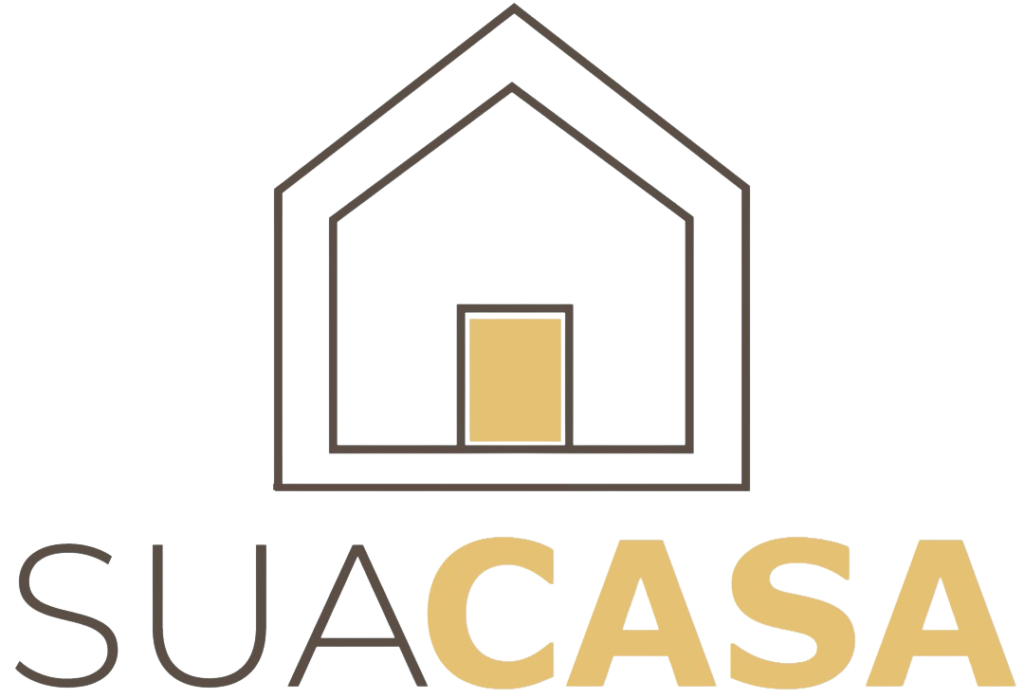The Federal Reserve not too long ago lower rates of interest greater than anticipated. That is the primary fee lower in 4 years, and it might considerably impression the housing market, inflation, and the broader economic system. Let’s dive into what this implies for actual property, inflation, and extra.
Video: Will the Fed Curiosity Price Reduce Enhance Housing Costs?
Excessive Curiosity Charges and Inflation: A False impression?
For years, I’ve advocated for reducing rates of interest and argued in opposition to elevating them. Whereas many imagine excessive rates of interest assist management inflation, I believe they may do the alternative—and positively don’t assist with housing affordability. Research counsel that prime charges elevate mortgage funds, making housing costlier, not much less.
A typical perception is that prime charges will power housing costs down, however I argue that prime charges would possibly really make the state of affairs worse by decreasing provide. Fewer properties are constructed when borrowing prices are excessive, and present householders are reluctant to promote, ready for decrease charges. This provide scarcity pushes costs up, not down.
What’s the Greatest Funding in a Excessive Inflation Surroundings?
What the Fed Price Reduce Means for Mortgage Charges
The Fed’s rate of interest choices don’t instantly have an effect on mortgage charges, however they’re carefully associated. The Fed units the federal funds fee, which is what banks pay to borrow from one another. Mortgage charges, however, are decided by the bond market and general financial situations.
Usually, when the Fed cuts charges, mortgage charges additionally drop. However the relationship isn’t all the time linear. As we’ve seen not too long ago, mortgage charges have been far and wide. Earlier this yr, they had been above 7%, however now they’ve dropped to round 5.7% for a 30-year mortgage, in accordance with NerdWallet. That’s a major drop, which makes properties extra inexpensive by decreasing borrowing prices.
Rental Property Money Move Calculator
May Decrease Charges Enhance Housing Demand?
Decrease charges might set off a surge in homebuying. Many renters and householders have been sitting on the sidelines, ready for charges to drop. Once they do, these patrons could leap again into the market, driving costs up. We might see a short-term worth enhance attributable to a spike in demand.
Nevertheless, decrease charges additionally make it simpler to construct new properties. Elevated building would increase provide, probably stabilizing costs over time. At the moment, there’s a major housing scarcity, and extra constructing is critical to satisfy demand. So whereas costs could rise within the quick time period, extra building will assist create a extra balanced housing market in the long term.
Future Worth Inflation Calculator
The Argument for Decrease Charges Stabilizing the Market
Some individuals argue that decreasing charges will carry extra properties onto the market, as present householders who’ve been holding off on promoting will lastly checklist their properties. This might enhance provide, however those self same sellers are additionally patrons. So, whereas extra properties would possibly come available on the market, there’ll nonetheless be patrons prepared to grab them up, together with renters who’ve been ready for a greater deal.
In actual fact, with extra patrons than sellers, we might see even increased demand than provide, resulting in an imbalance favoring patrons. Decrease charges, mixed with robust demand from immigrants and different demographics, might result in a extra pronounced housing increase.
What’s the Greatest Approach to Spend money on Actual Property?
Job Development, Immigration, and Housing Demand
One other issue driving housing demand is immigration. Not too long ago, there’s been important job development, however most of it has been amongst foreign-born employees. Knowledge from the Census and the Social Safety Administration reveals a considerable enhance in employment for foreign-born people, whereas employment for native-born employees has decreased. With extra immigrants getting into the workforce, housing demand is prone to rise, including stress to the housing market.
Many predict that inhabitants declines will result in a housing crash, particularly as child boomers age. Nevertheless, immigration is offsetting these declines. The U.S. inhabitants continues to be rising, which suggests extra demand for housing, each for homeownership and leases. Coupled with decrease rates of interest, this might lead to continued upward stress on residence costs.
Why Excessive Charges Don’t Essentially Decrease Costs
There’s a false impression that elevating rates of interest routinely results in decrease costs, whether or not for housing or items. Whereas increased charges can cut back demand, additionally they cut back provide, which might hold costs elevated. Fewer properties are constructed, fewer individuals promote their properties, and companies reduce on manufacturing. Within the housing market, this stagnation results in a supply-demand mismatch, propping up costs relatively than decreasing them.
Research from the Nineteen Seventies and Nineteen Eighties, when rates of interest had been at their highest, present that housing costs nonetheless rose dramatically. In actual fact, through the Nineteen Seventies, costs tripled, and within the Nineteen Eighties, they doubled. Excessive charges merely don’t curb housing costs as a lot as individuals assume.
Do Larger Charges Really Trigger Inflation?
One other controversial concept is that prime charges can result in inflation. Many individuals assume elevating charges controls inflation by decreasing demand, but it surely doesn’t think about the provision facet. When borrowing prices are excessive, companies decelerate manufacturing, which reduces provide. This provide contraction can result in increased costs for items and companies, as firms are compelled to lift costs to cowl their prices.
For instance, I personal a small enterprise. If my prices enhance attributable to increased rates of interest, I can’t simply decrease my costs to compensate for diminished demand. I nonetheless must cowl my fastened prices, so I’d elevate costs as a substitute. That is how excessive rates of interest may cause costs to rise, counterintuitively contributing to inflation relatively than decreasing it.
Conclusion: Why Decrease Charges Are Good for the Economic system
In abstract, I imagine decrease rates of interest are higher for the economic system and the housing market. Decrease charges encourage constructing, make borrowing cheaper, and might help stabilize housing costs in the long term. Whereas some worry that decreasing charges will trigger costs to surge, the choice—maintaining charges excessive—solely prolongs the issue by proscribing provide.
Moreover, the info reveals that prime charges don’t routinely result in decrease costs and, in some circumstances, may even trigger inflation. As we transfer ahead, will probably be attention-grabbing to see how the Fed’s fee cuts impression the economic system and the housing market within the months to come back.






